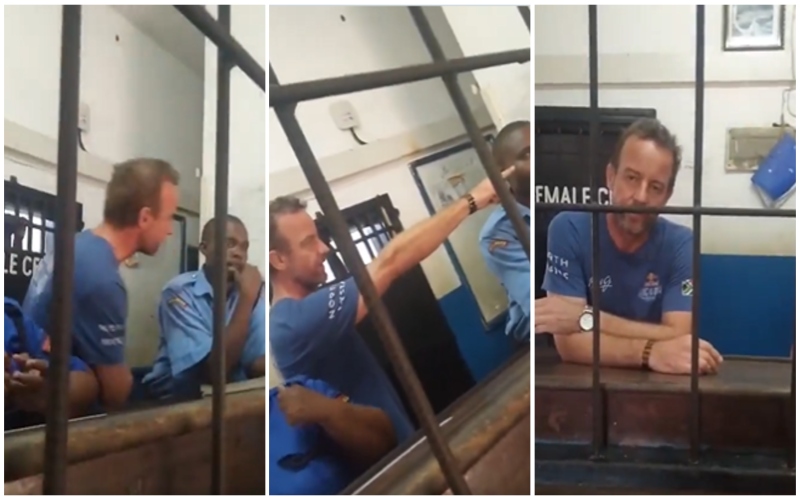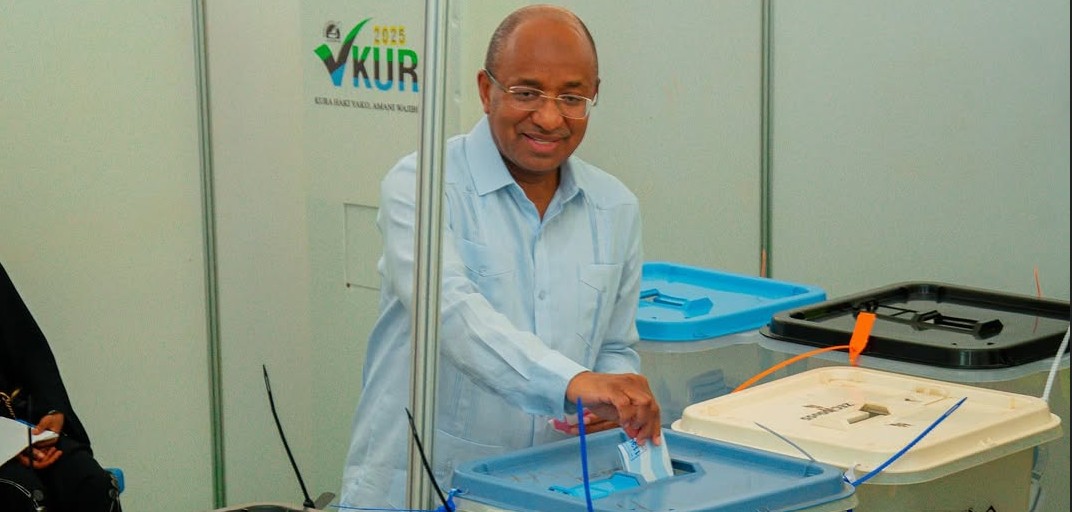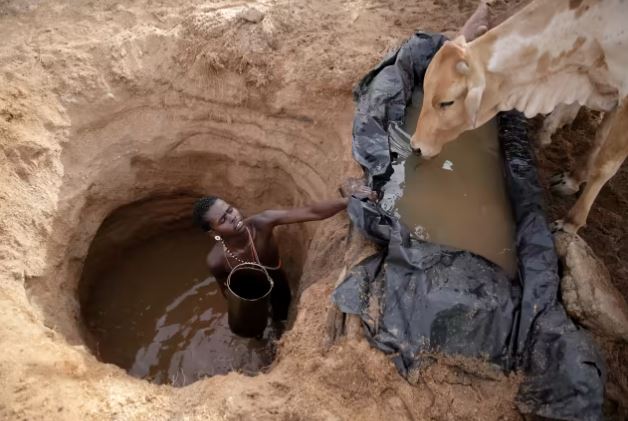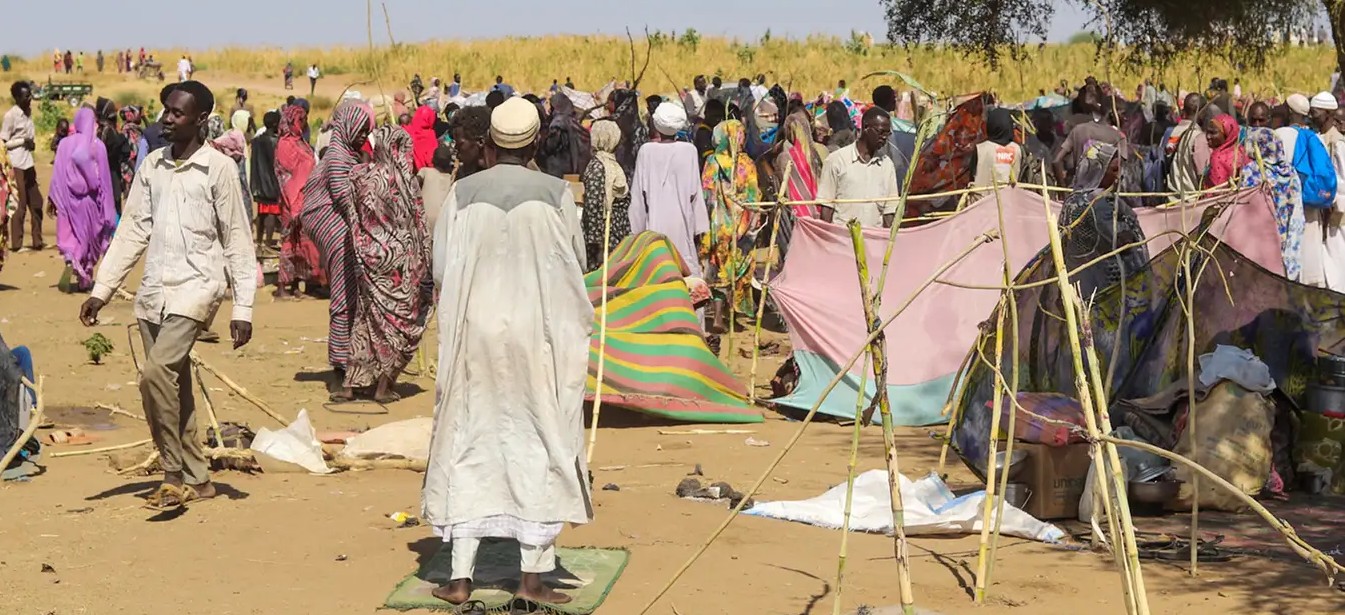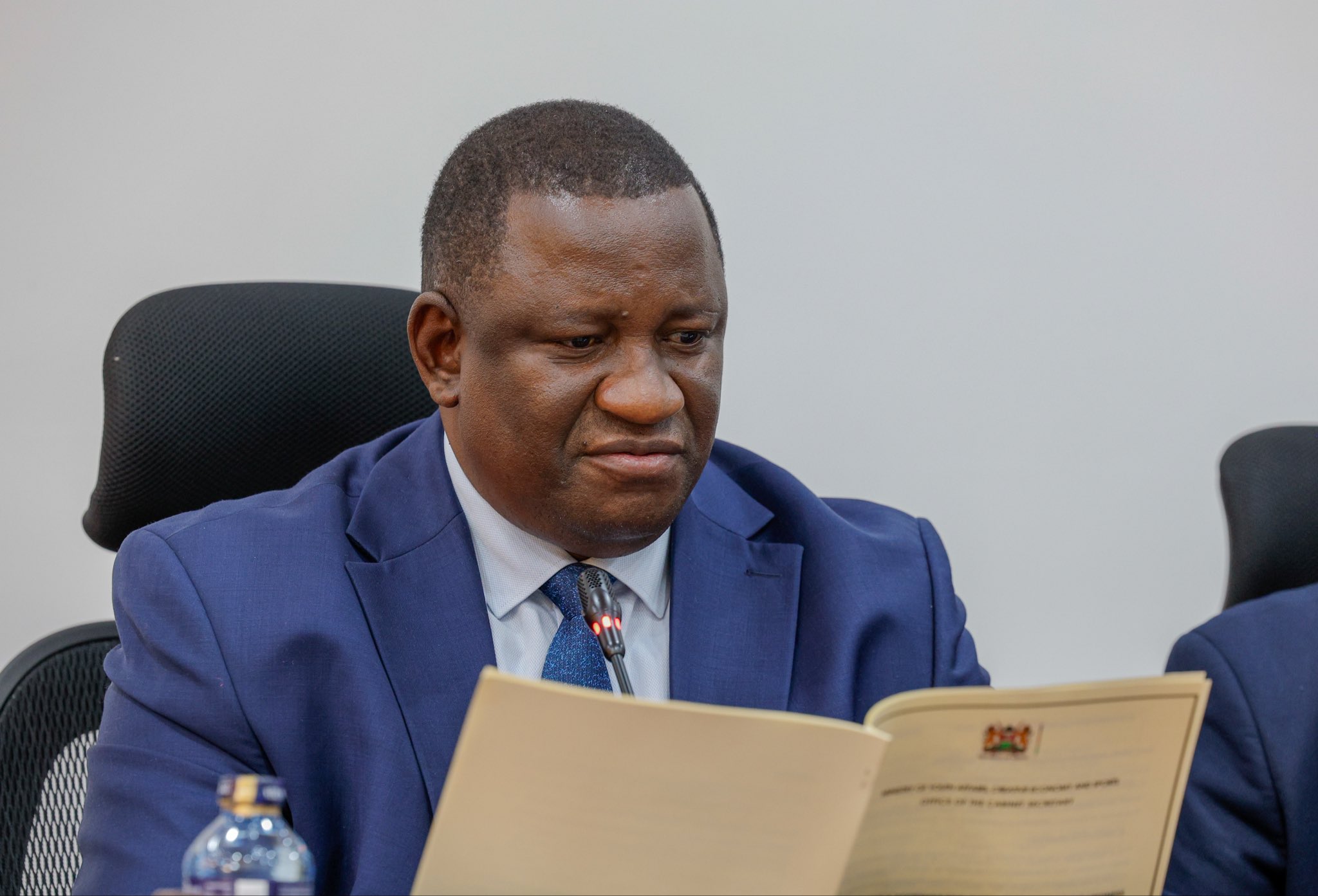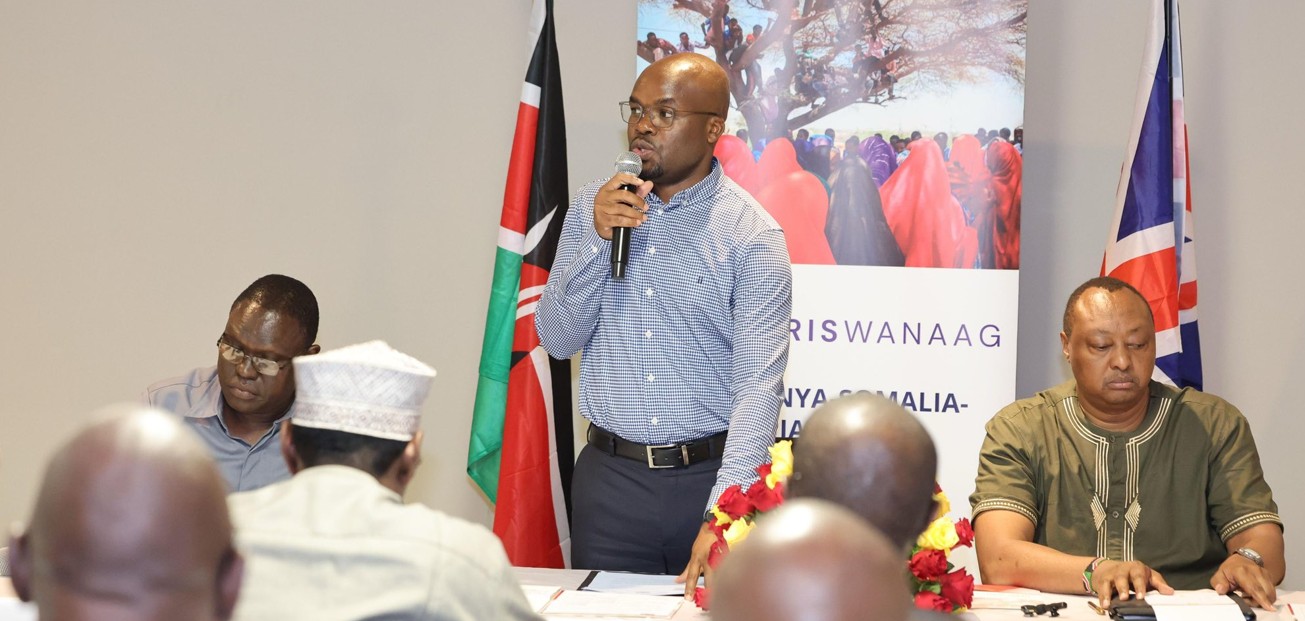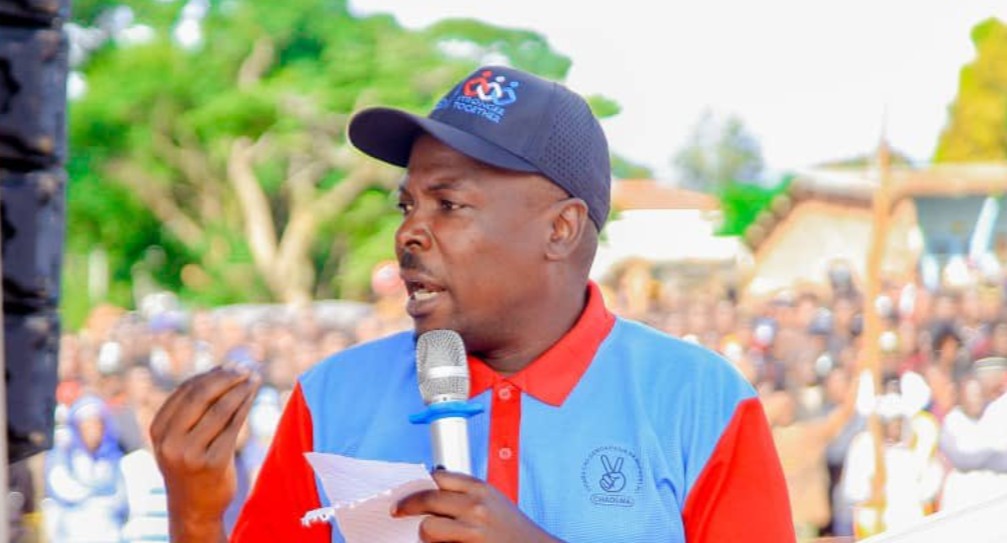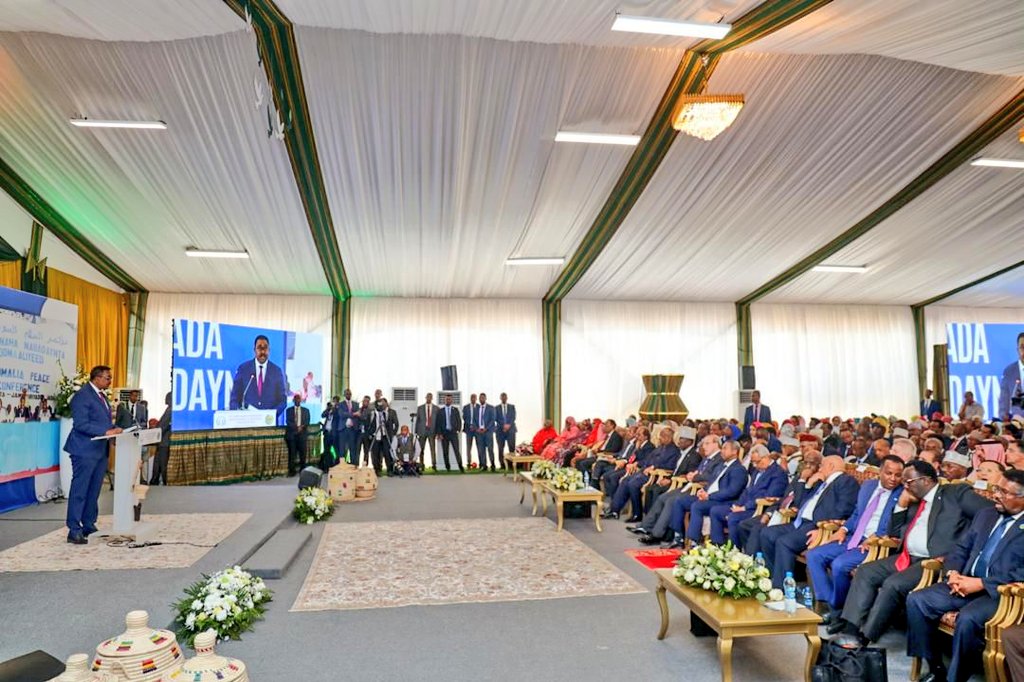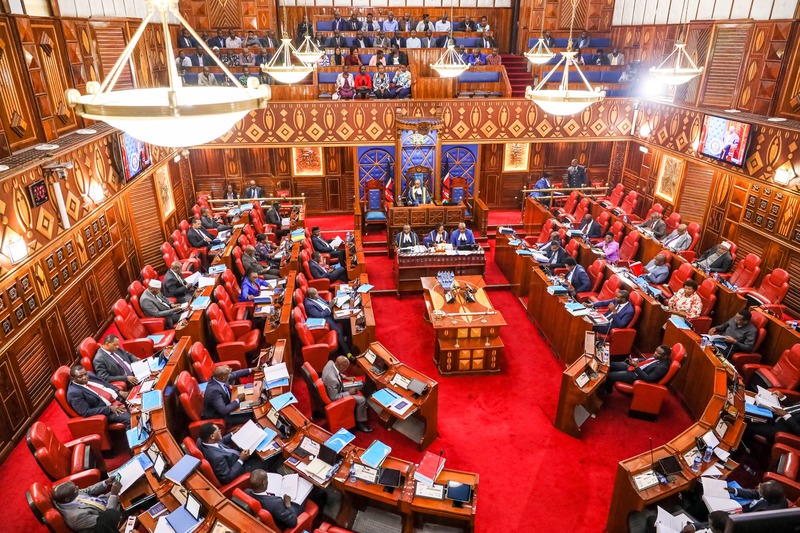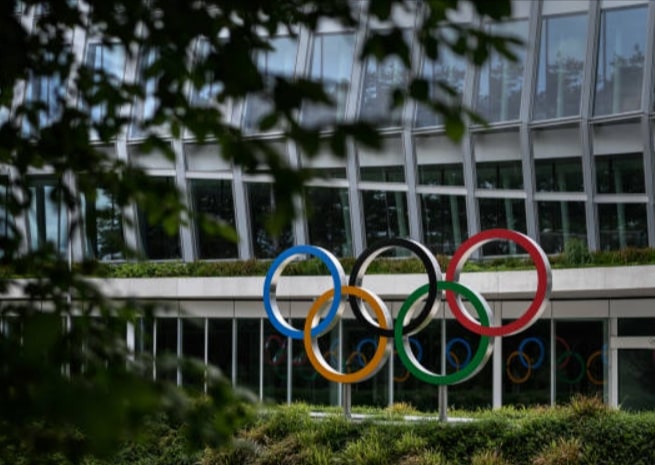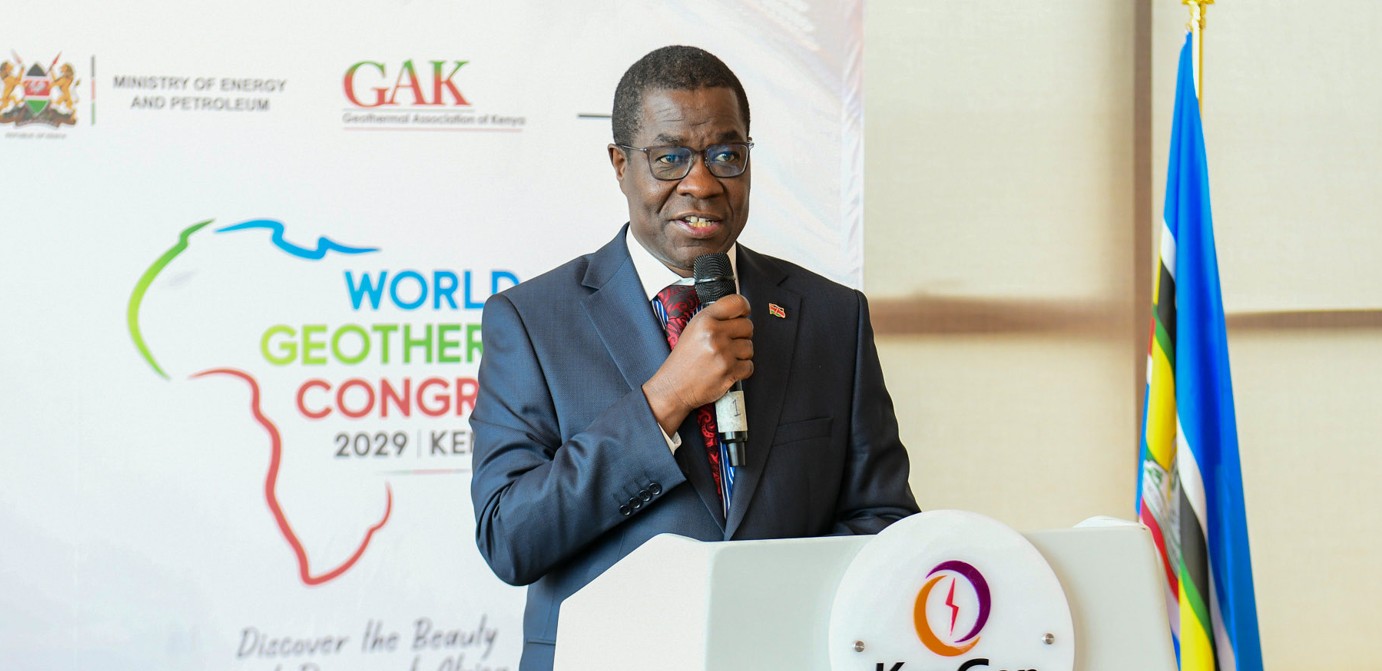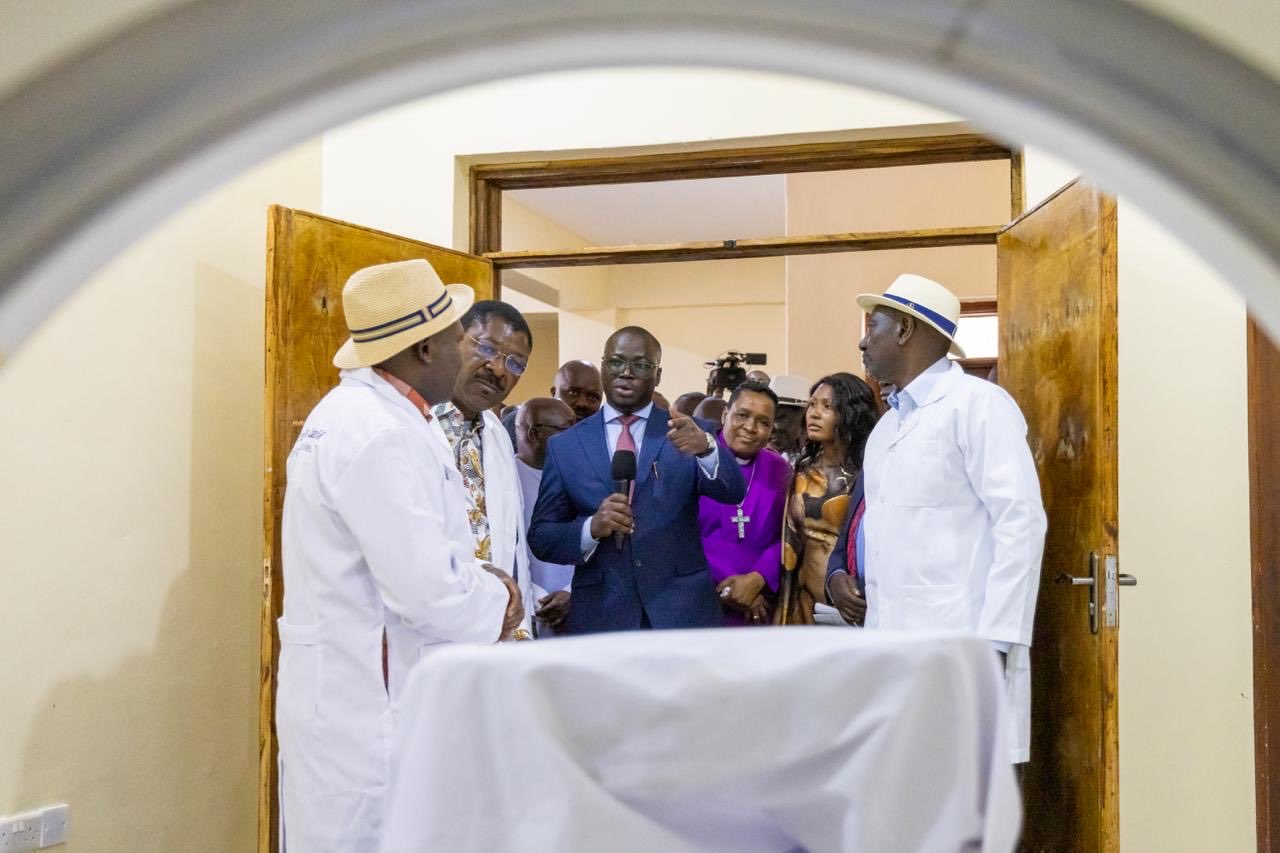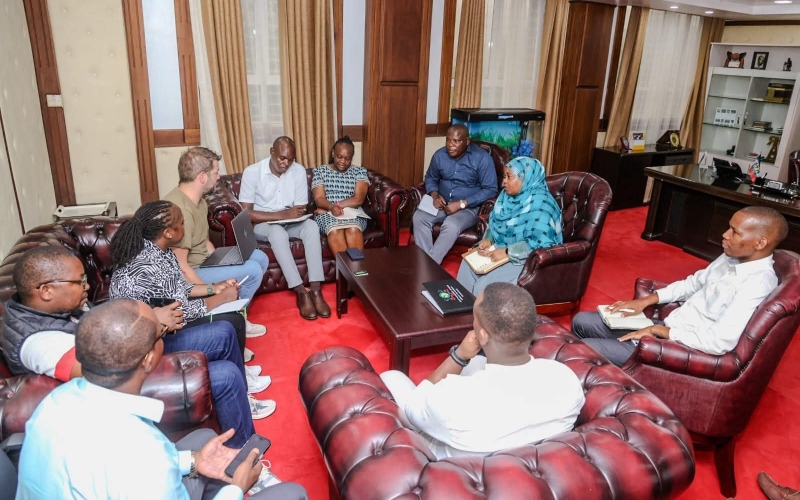State launches Refugee Status Determination services in Mombasa

The Mombasa office has been offering reception, protection and documentation services, forcing thousands of people seeking refugee status to travel to Nairobi for help.
The Department of Refugee Services has expanded its portfolio at its Mombasa office with the introduction of Refugee Status Determination (RSD).
The RSD service is the legal or administrative process by which the government determines whether a person seeking international protection qualifies to be declared a refugee under international, regional or national law.
More To Read
- Garissa Governor Nathif Jama sounds alarm over Dadaab crisis at IGAD conference
- UNHCR data shows steady rise in refugee numbers in Kenya
- WFP slashes food rations by 80 per cent in Kakuma, Dadaab refugee camps
- One dead, two officers injured as protests rock Kakuma refugee camp
- WFP receives Korean rice donation to feed 720,000 refugees in Kenya
- Police probe shooting of trader found dead in stalled car in Dadaab
The Mombasa office has been offering reception, protection and documentation services, forcing thousands of people seeking refugee status to travel to Nairobi for help.
"This is a significant milestone in addressing the backlog of RSD cases and providing support to asylum-seekers, who no longer have to travel to Nairobi to access these services," Assistant Commissioner for Refugee Affairs James Kibor said during the launch.
Officials have been posted to the office to ensure the service is offered to about 3,500 refugees living in the Coast region. Additional staff have been deployed to the office and reminded of the code of ethics for handling RSD cases of Persons of Concern.
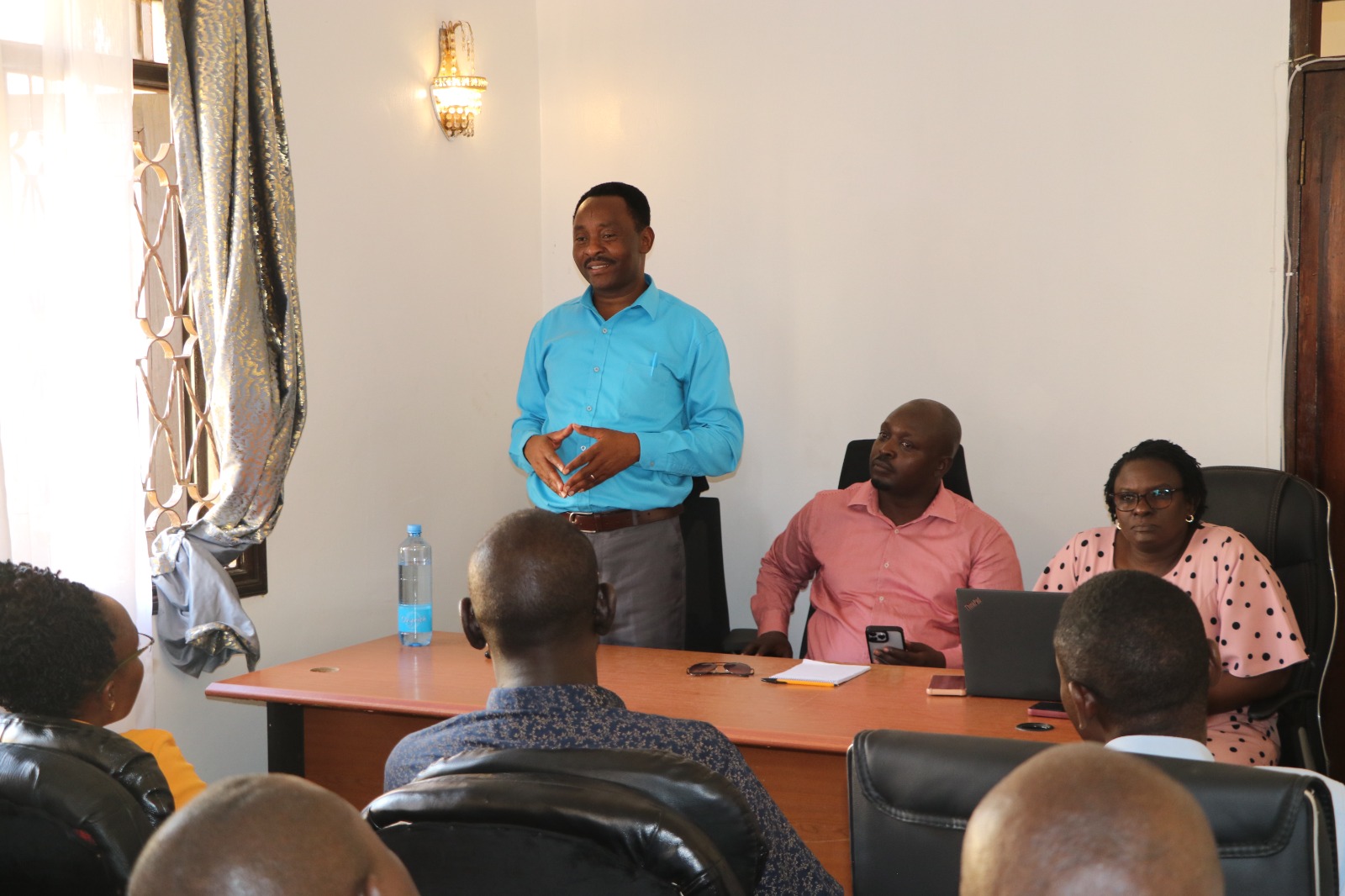 Benjamin Gitonga, the Senior HR officer at the Department of Refugee Services, addresses Mombasa staff regarding the code of ethics for handling the RSD cases of Persons of Concern (POCs), on April 8, 2024. (Photo: DRS)
Benjamin Gitonga, the Senior HR officer at the Department of Refugee Services, addresses Mombasa staff regarding the code of ethics for handling the RSD cases of Persons of Concern (POCs), on April 8, 2024. (Photo: DRS)
Kenya currently hosts approximately 700,000 refugees in the Kakuma and Dadaab camps.
"The government has been managing these refugees over time but has now shifted its policy from camps to integrated settlements under the Shirika Plan that will ensure they are given an opportunity to contribute to national development," Immigration and Citizen Services Permanent Secretary Julius Bitok said last week.
Under the new plan, refugees will be integrated into their host communities and be granted the opportunity to earn a living without relying on humanitarian support.
"The governors of Garissa and Turkana have created municipalities as part of the integration of these refugees into the communities," he added.
Turkana has already elevated Kakuma town into a municipality, while Garissa Governor Nathif Jama Adam confirmed last year that he will soon sign off on the charter that elevates Dadaab town into a municipality.
The move by the two county governments to transform areas where refugees are concentrated into municipalities will make them eligible for support from development partners such as the World Bank and the UN-Habitat.
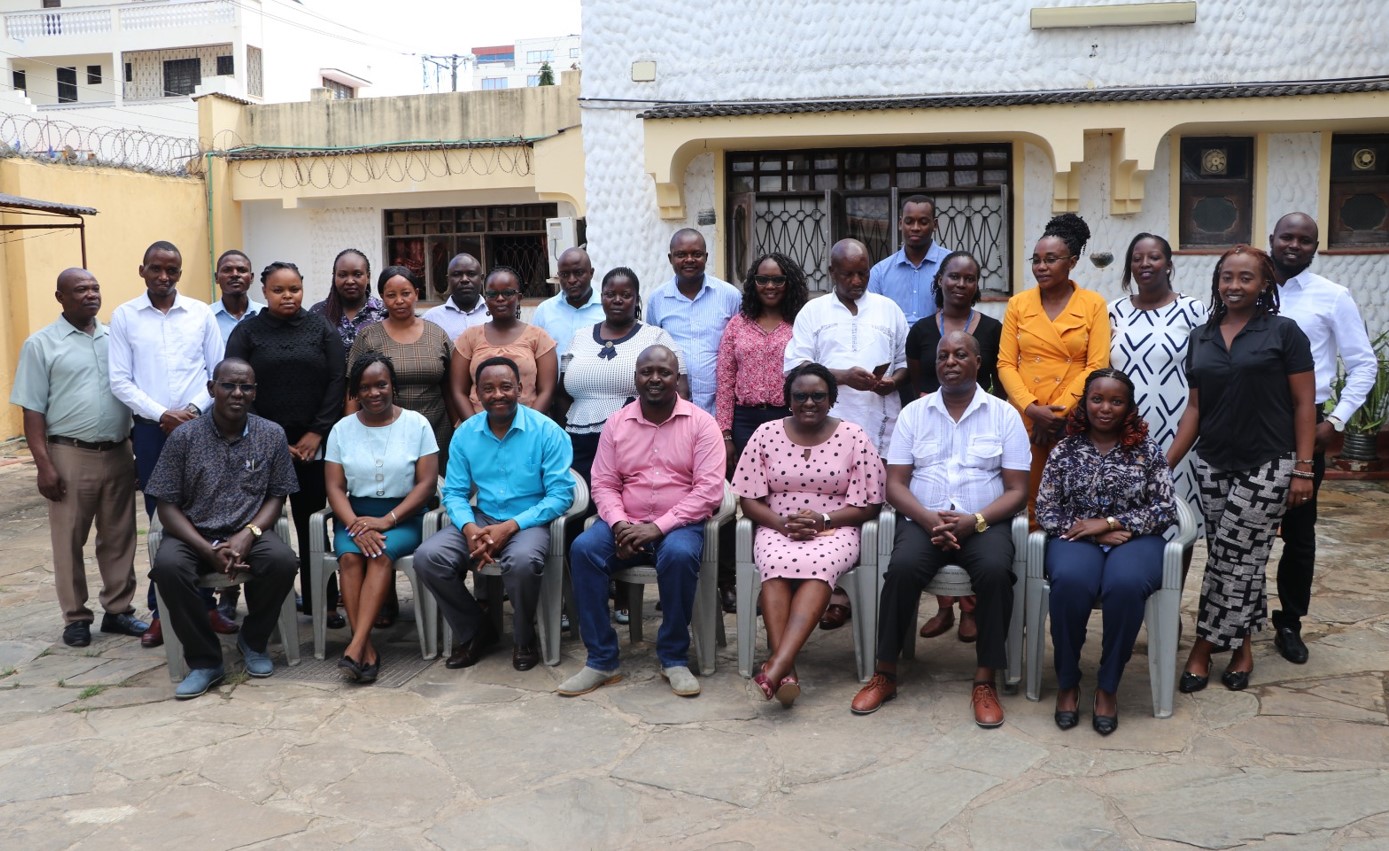
The Shirika Plan will, however, be realised over time, with the ministry estimating that it will take years for the refugees to be allowed to operate like other citizens.
The plan will mirror the rural-urban establishment in Kenya, with all security measures being taken care of by the government.
It aligns with the country's national security priorities, among them the recently enacted Refugee Act (2021), which outlines refugees' and asylum seekers' privileges as well as opportunities and occasions when they will be withdrawn.
According to the Act, all registered refugees will enjoy a right to civil registration and identification that are sufficient to identify them as refugees or asylum seekers.
They will also access permits enabling them to engage in gainful enterprise, whether as individuals or groups and will be eligible for employment, hence playing a part in the economic development of their host communities.
Those who later opt to return to their native countries will be at liberty to do so after surrendering the documents issued to them by the government.
The privileges will be withdrawn for those who engage in criminal activities.
Top Stories Today
